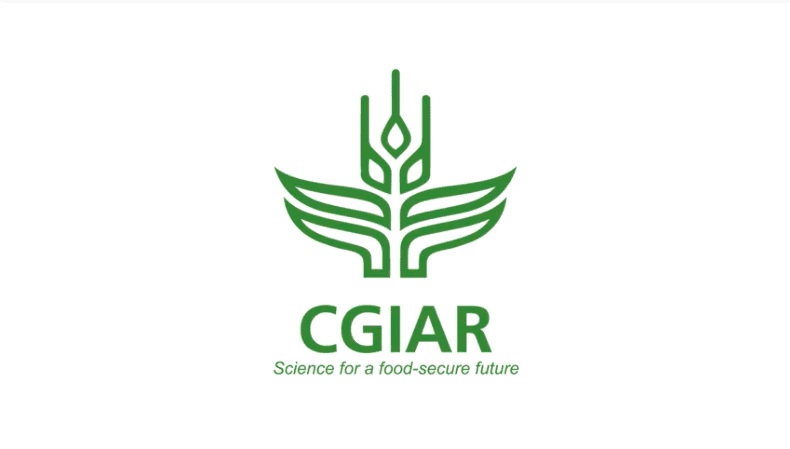The Group of International Agricultural Research Centres (CGIAR) says African countries need intensive agriculture in order to bridge yield gaps, tackle hunger and attain food sufficiency.
The News Agency of Nigeria reports that CGIAR is a global partnership among 15 International Agricultural Research Centres that engage in research on food security with focus on reducing rural poverty, improving human health and nutrition.
The CGIAR Executive Managing Director, Dr Ismahene Elouafi, spoke on Tuesday during her visit to the International Institute of Tropical Agriculture (IITA) in Ibadan.
According to Elouafi, the solution to food insufficiency in most Africa countries is adequate investment in agricultural sector.
She said that available data showed that African countries were not producing enough of what was needed in agriculture.
“We need to produce intensive agriculture in Africa to bridge the yielding gap, be it in animal, fisheries, crops, among others.
“Data shows that most Africa countries that are into farming system are producing 10 per cent of their potential and the remaining 90 per cent of the yield gaps need to be fed up.”
Elouafi said that there was the need to adopt technology, innovation, embrace irrigation and mechanisation in order to produce food massively and reduce food importation in Africa.
She said that most Africa countries imported most of their agricultural needs and that was one of the reasons there was high cost of food commodities in Africa countries.
“We really need to develop our agricultural business and I am amazed with what I am seeing in IITA with Agribusiness innovations.
“We need more of it and continue to invest in research and development and ensure it get to small holder farmers.
“CGIAR’s new strategy is not only on science we do research for development, delivery ,work with private sectors, national system to get technology to small holder farmers in order to increase their agricultural yields,” Elouafi said.
In his remarks, the IITA Director General, Dr Simeon Ehul, said there was the need for continuous funding in agricultural sector in Africa in order to tackle the problem of food security and malnutrition.
Ehul, who is also the CGIAR Regional Director Continental Africa, said that the population growth of Africa countries continued to increase significantly with almost 300 million people facing hunger due to insufficient agricultural production.
He appealed to Africa countries leaders to continue to do their best in tackling food insecurity and hunger in their respective countries.


